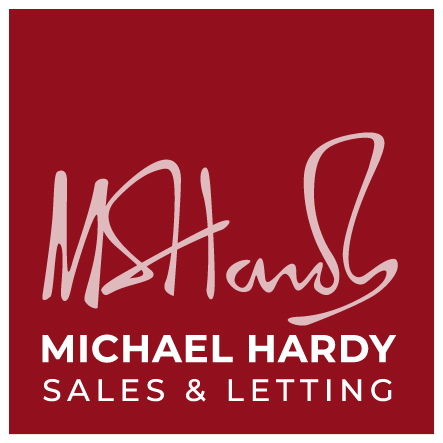This article was written in 2014 – get more up-to-date information on solar panels
Few people can deny that domestic solar panelling is a marvellous invention. These devices not only help the environment by producing renewable energy, but the household can also drastically reduce its monthly bills as a result. Some energy suppliers even buy back the excess energy, thus providing even greater savings.
It certainly seems like a win-win situation for homeowners, but there are in reality many issues surrounding solar panels which come to light when selling or buying a property. It’s well worth being aware of these before signing up to get the panels installed.
Is there such thing as a free solar panel?
Many households took advantage of the rent-a-roof and free solar panel schemes when they first surfaced. The idea was that a company fitted panels at no cost to the homeowner, then offered a seemingly generous feed-in tariff scheme. This meant reduced energy bills at a fixed term tariff, often up to 20 years – great in a world where energy bills just keep going up.
Other options are to buy the panel systems in full, which allows for reduced energy bills, as well as the option to sell the excess energy back to their energy provider – hopefully adding up to a tidy long-term profit. Again, all win-win on the surface, but there were potential considerations that some people had neglected to heed.
Fixed contracts for solar panel installations
Solar panel installations nearly always come with fixed-term contracts, often up to 25 years, meaning any potential buyer is also tied in, whether they like it or not. This is especially relevant when installed through a third party, particularly those which came through the ‘free’ schemes which were so popular a few years ago.
Many mortgage lenders are unhappy about backing properties with third party panels attached. There is much less of a problem if the owner is able to buy out the lease (in other words, purchasing the panels outright) but it’s not always so black and white. When looking at buying or selling a property with solar panel technology installed, it’s a good idea to get the lender involved in discussions early on in the process and make sure to refer to the small print in the original contract. It’s also important to ensure that the system and the installers are members of the Microgeneration Certification Scheme (MCS).
Not-so-pretty prospects
While some buyers may be drawn to the eco-friendly aspects, as well as the potential energy savings and feed-in payments, it’s equally true that there are also buyers who will be put off by the physical appearance of the panels, particularly on those properties where they feature on the front of the house, and deemed to affect its aesthetics. On top of this add potentially costly maintenance outlays if the panels are owned in full or not covered by a guarantee, as well as possible issues with the roof if the technology wasn’t fitted correctly in the first place. With all this mounting up it’s easy to see why buyers and mortgage lenders may be reticent.
Whilst solar panel technology can offer potentially wonderful savings in the long term, as well as being great for the environment, it’s important to find out more about the particular property’s contract early. Also, ensure the mortgage lender is on-board straight away to avoid getting burned later on down the line.

